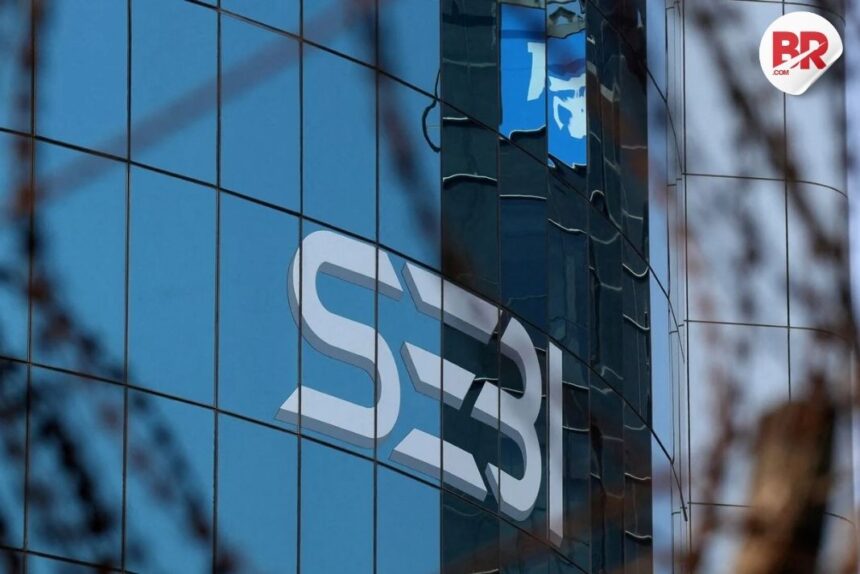
A senior official from SEBI (Securities and Exchange Board of India) has raised serious concerns about the rise in short-term trading in the stock market, especially on expiry days of index options. This kind of trading is growing fast and causing big losses for retail (individual) investors.
At an event in Kolkata organized by the Confederation of Indian Industry (CII), SEBI’s whole-time member Ananth Narayan said the regulator is trying to strike a balance between market innovation and investor safety.

What’s the Issue?
Narayan said that while derivatives (like futures and options) help in price discovery and risk management, the current trend in trading is worrying. On expiry days, the trading volume in index options is over 350 times more than the trading in actual stocks — which is imbalanced and risky.
SEBI’s recent report (released on 7 July 2025) found that 91% of individual traders lost money in futures and options (F&O) during the financial year FY25. Total losses crossed ₹1 trillion, money that could have been invested more wisely for long-term growth.
Read more: Market Recap: Indian Indices End Lower; IT and Bank Stocks Drag, Smallcaps Shine
Action Already Taken
SEBI has already started taking steps to control this trend. Since October 2024, it introduced many rules like:
- Reducing the number of weekly expiry days
- Increasing minimum trading lot sizes
- Removing some tax-like benefits on expiry days
- Making traders pay in advance
- Raising margin requirements on expiry days
In May 2025, more steps were added:
- Improving risk reporting in F&O
- Reducing fake F&O bans
- Keeping a close watch to prevent market manipulation
Crackdown on Manipulative Trading
SEBI also recently penalized a U.S.-based trading firm Jane Street for using manipulative strategies on expiry days. The firm was asked to pay ₹4,800 crore, and while they’ve followed the order, SEBI is still reviewing whether to allow them back into Indian markets.
Also See: Ixigo Shares Jump 14% After Q1 Profit of ₹19 Cr and Strong Revenue Growth
What’s Changing Now?
SEBI data shows that these new rules are starting to cool down the market. From December 2024 to May 2025:
- Retail investor turnover in index options dropped 9% in premium terms
- The actual size of trading dropped 29%
- The number of unique traders fell by 20%
What SEBI Wants Going Forward
Narayan said SEBI wants to grow the regular (cash) stock market and improve the quality of the derivatives market. This means offering longer-term products and solutions that are safer and better for investors and businesses alike.
He also pointed out that some brokers and institutions may rely too much on high volumes from short-term trading. But he asked whether this kind of system is really sustainable in the long run.
SEBI is urging everyone to think carefully and work together to build a healthier, balanced, and long-term-focused stock market in India.












